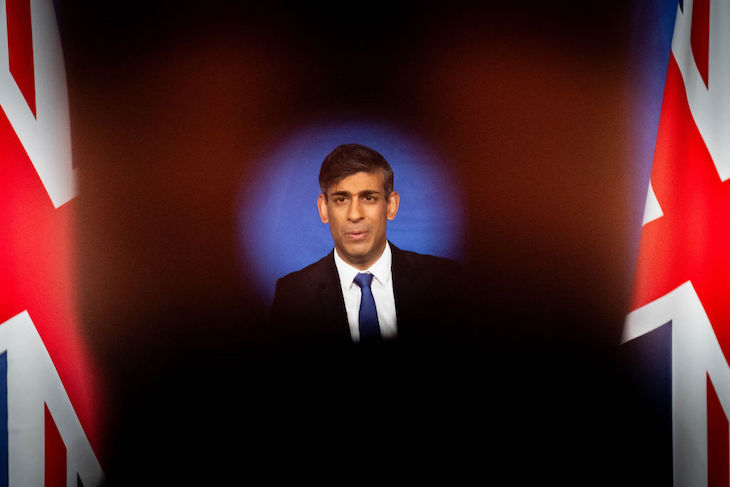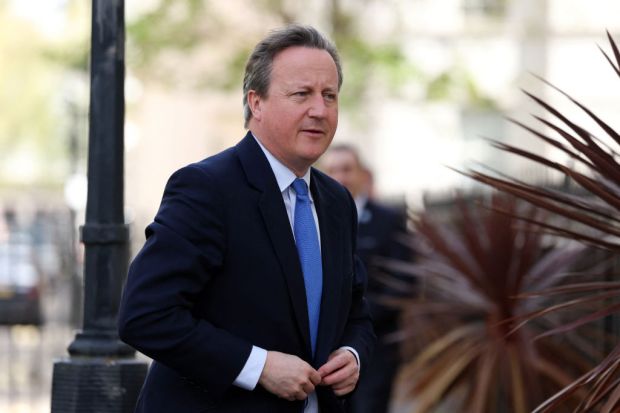Rishi Sunak is pinning his hopes on emergency legislation, the Safety of Rwanda (Asylum and Immigration) Bill, to ‘Stop the Boats’. But within hours of the Bill’s publication yesterday, immigration minister Robert Jenrick walked out. Last month, home secretary, Suella Braverman, was fired. To lose one minister may be regarded as misfortune, but to lose two means something is up.
Already a subscriber? Log in
Subscribe for just $2 a week
Try a month of The Spectator Australia absolutely free and without commitment. Not only that but – if you choose to continue – you’ll pay just $2 a week for your first year.
- Unlimited access to spectator.com.au and app
- The weekly edition on the Spectator Australia app
- Spectator podcasts and newsletters
- Full access to spectator.co.uk
Or




















Comments
Don't miss out
Join the conversation with other Spectator Australia readers. Subscribe to leave a comment.
SUBSCRIBEAlready a subscriber? Log in